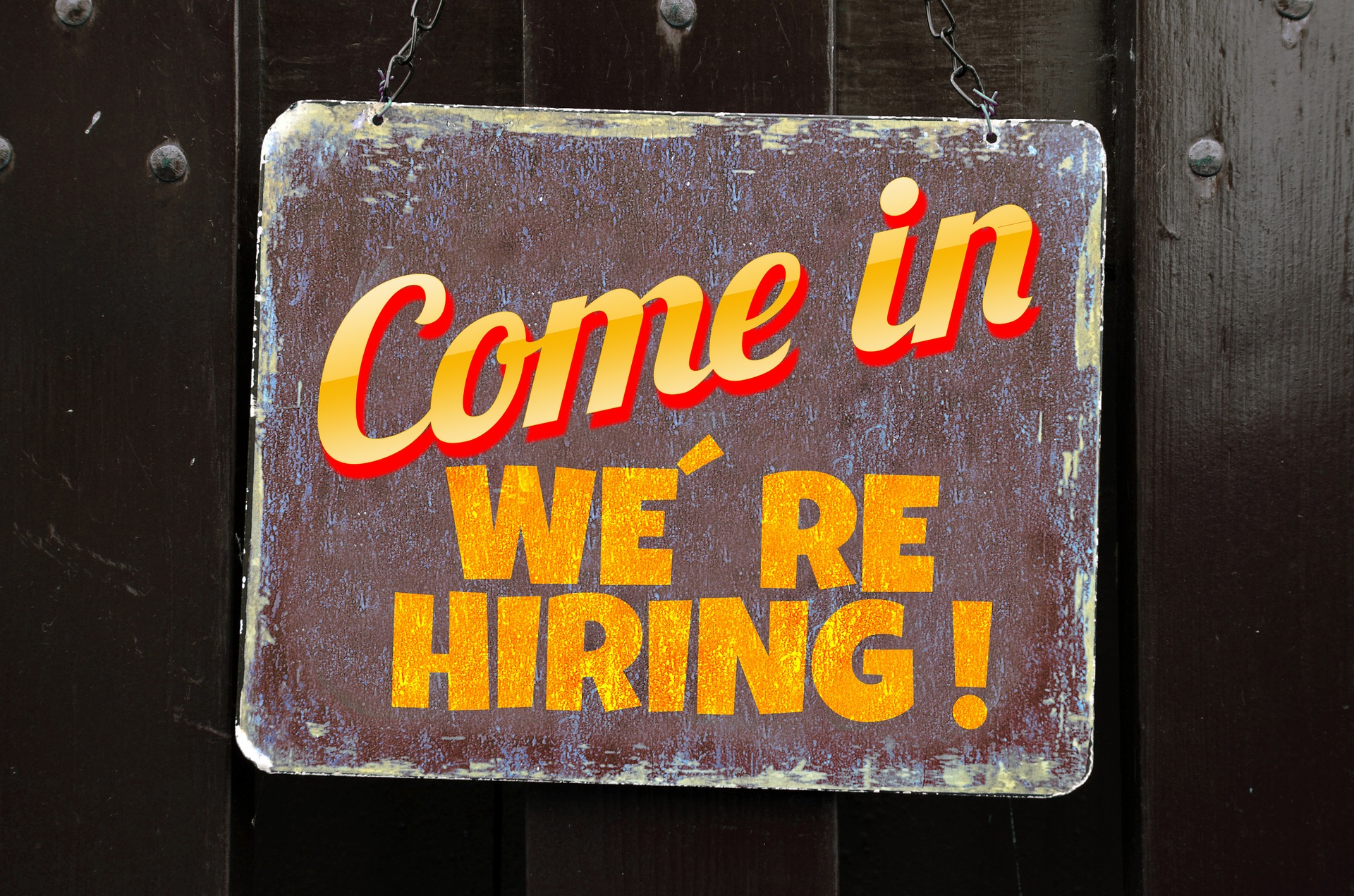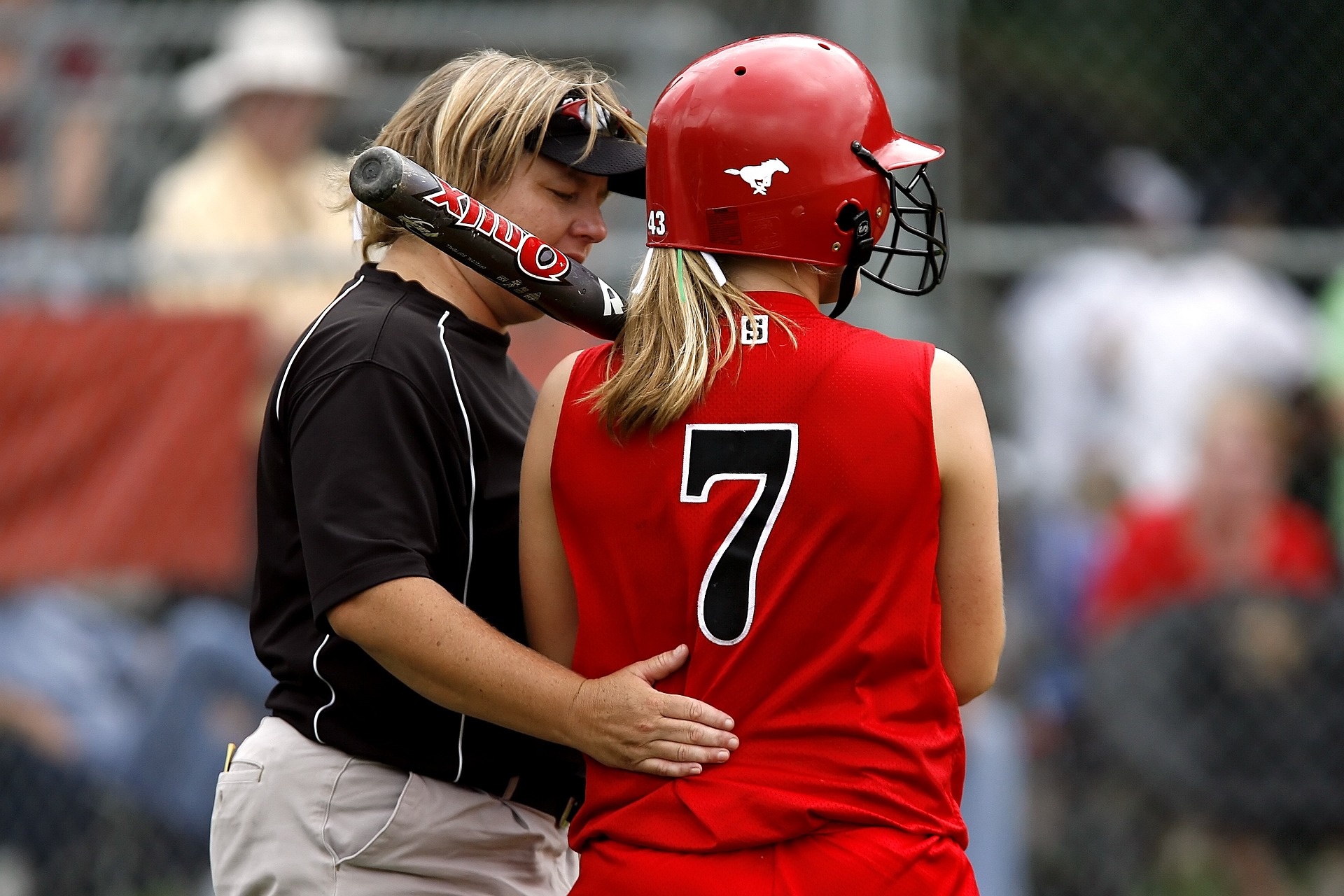Up to 30 per cent of stroke survivors are left with a condition called aphasia, in which they have difficulty understanding language, speaking, reading or writing.
In a small study, Canadian and German researchers tested the effects of transcranial magnetic stimulation, or TMS, on patients recovering from a stroke but left with different degrees of aphasia caused by the damage to their brains.
Twenty-four stroke patients were enrolled in the trial, with 13 getting TMS and 11 treated with a sham procedure. Following the sessions, participants were immediately given speech language therapy.
Patients received 20 minutes of TMS or sham stimulation followed by 45 minutes of speech and language therapy for 10 days, the authors report in the American Heart Association journal Stroke.
“Those who received the real treatment recovered better from their aphasia than those who received the sham treatment,” said lead author Dr. Alexander Thiel, director of the stroke unit at Jewish General Hospital in Montreal.
Improvements in the TMS-treated group were about two to three times greater than in the sham-treatment group, he said Thursday from Montreal.





